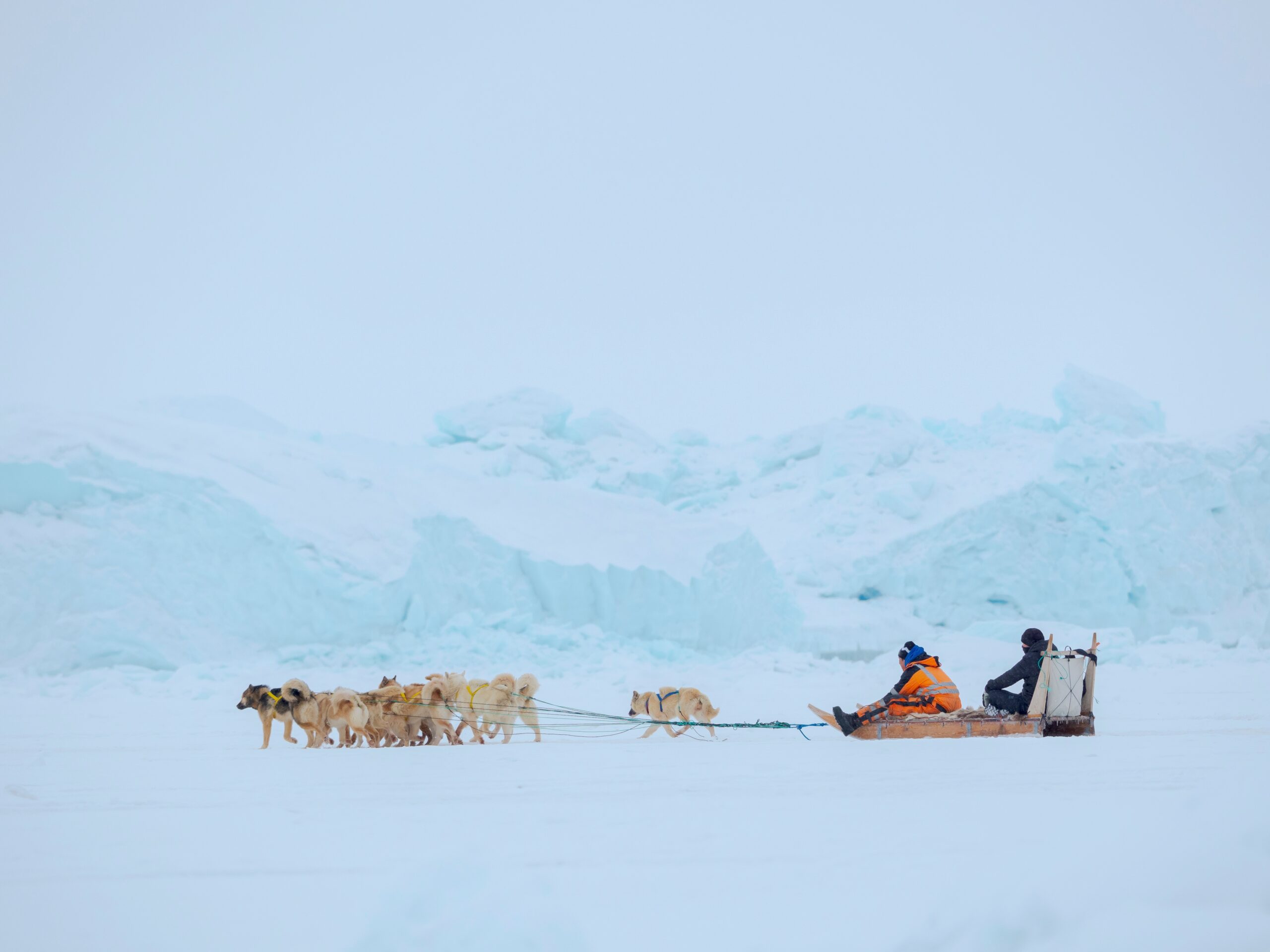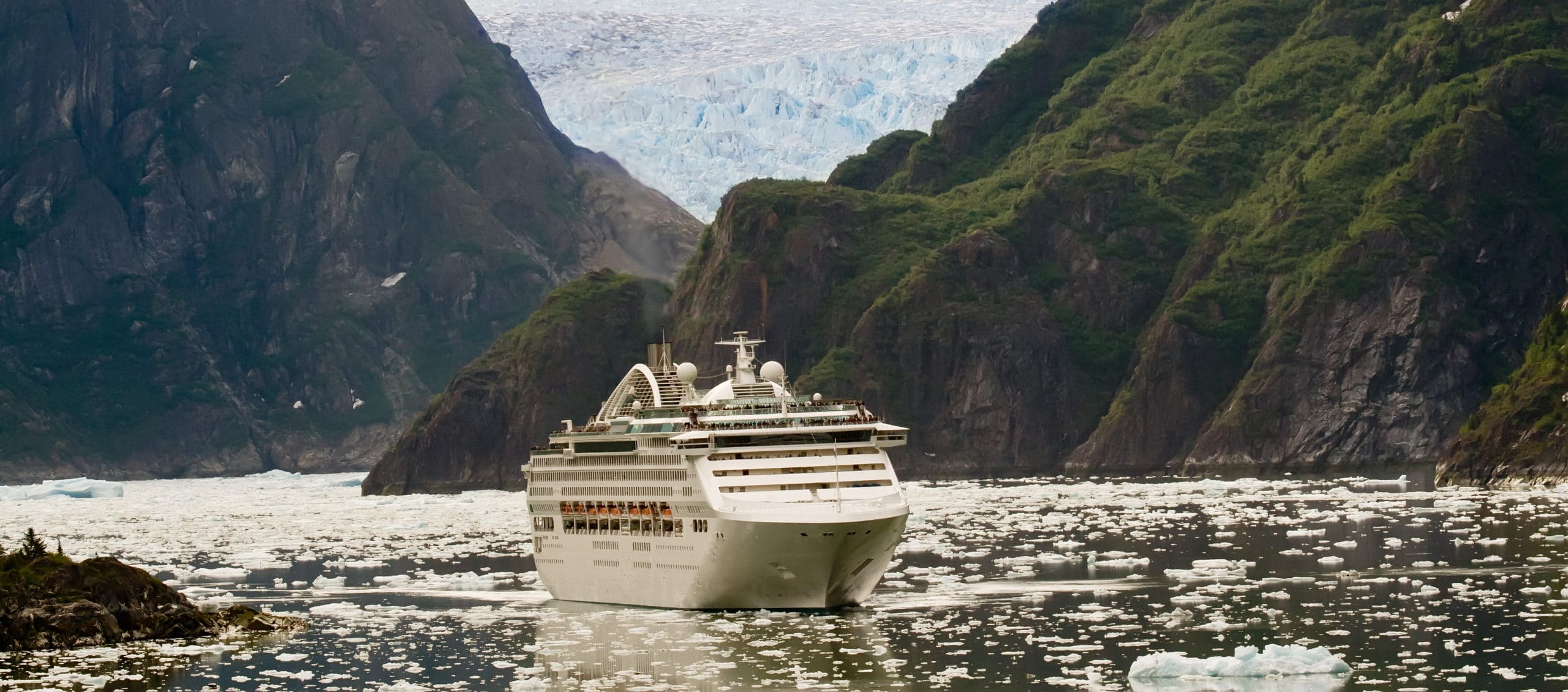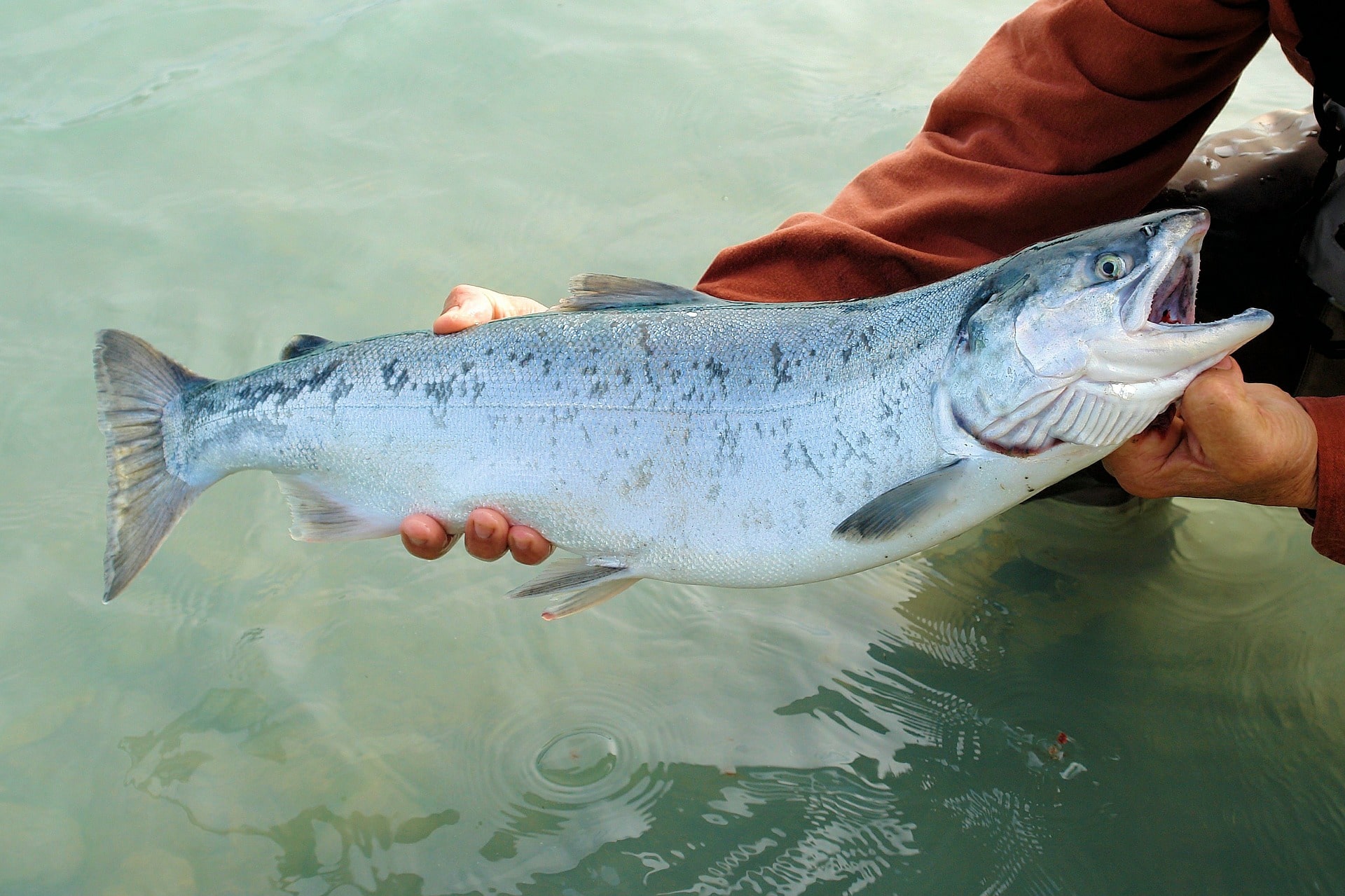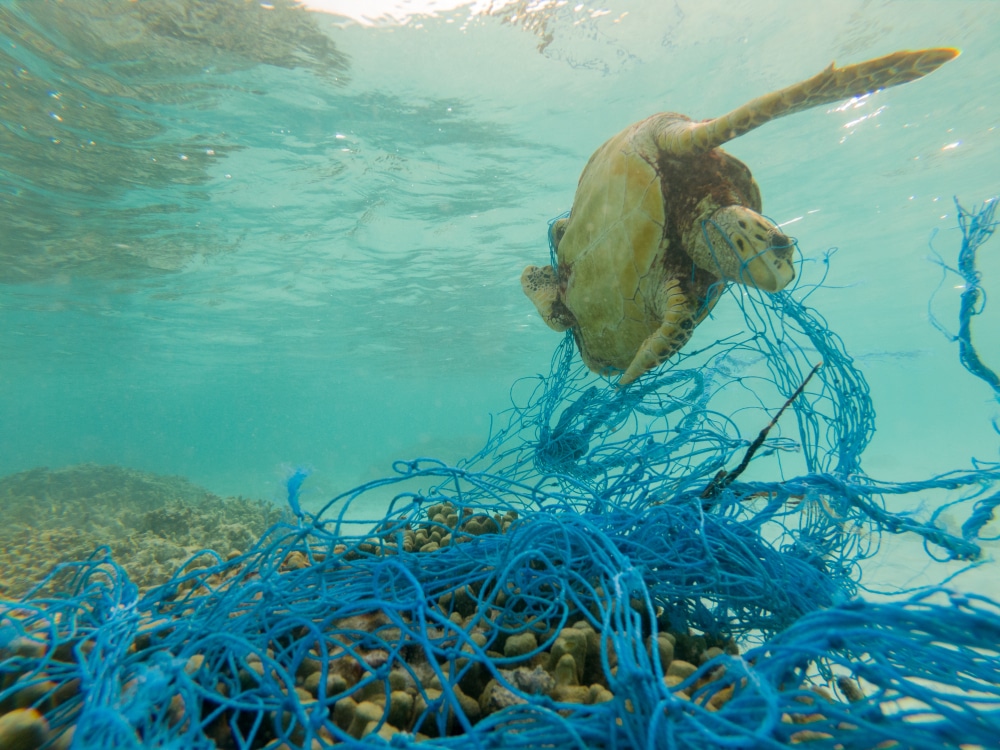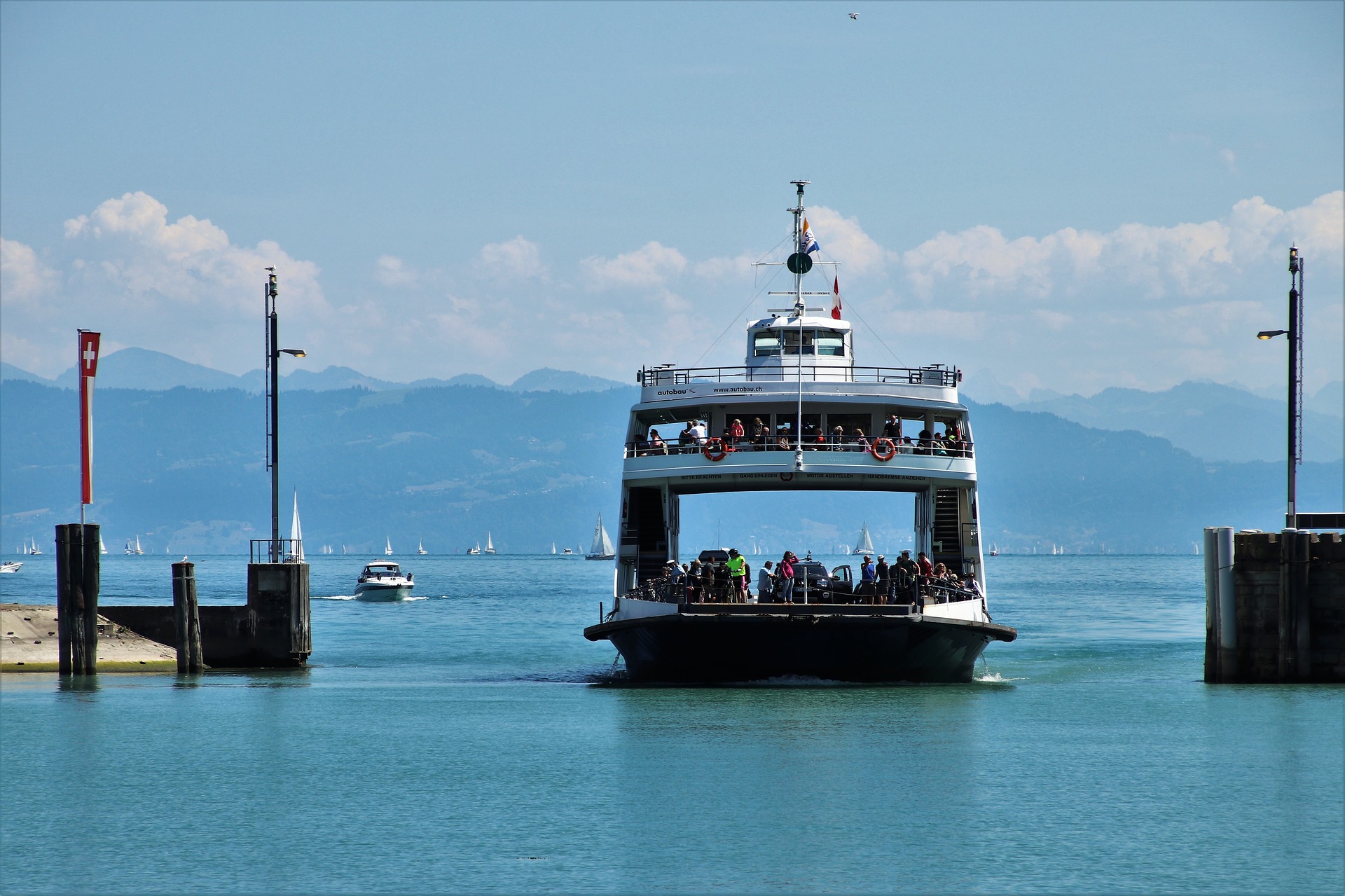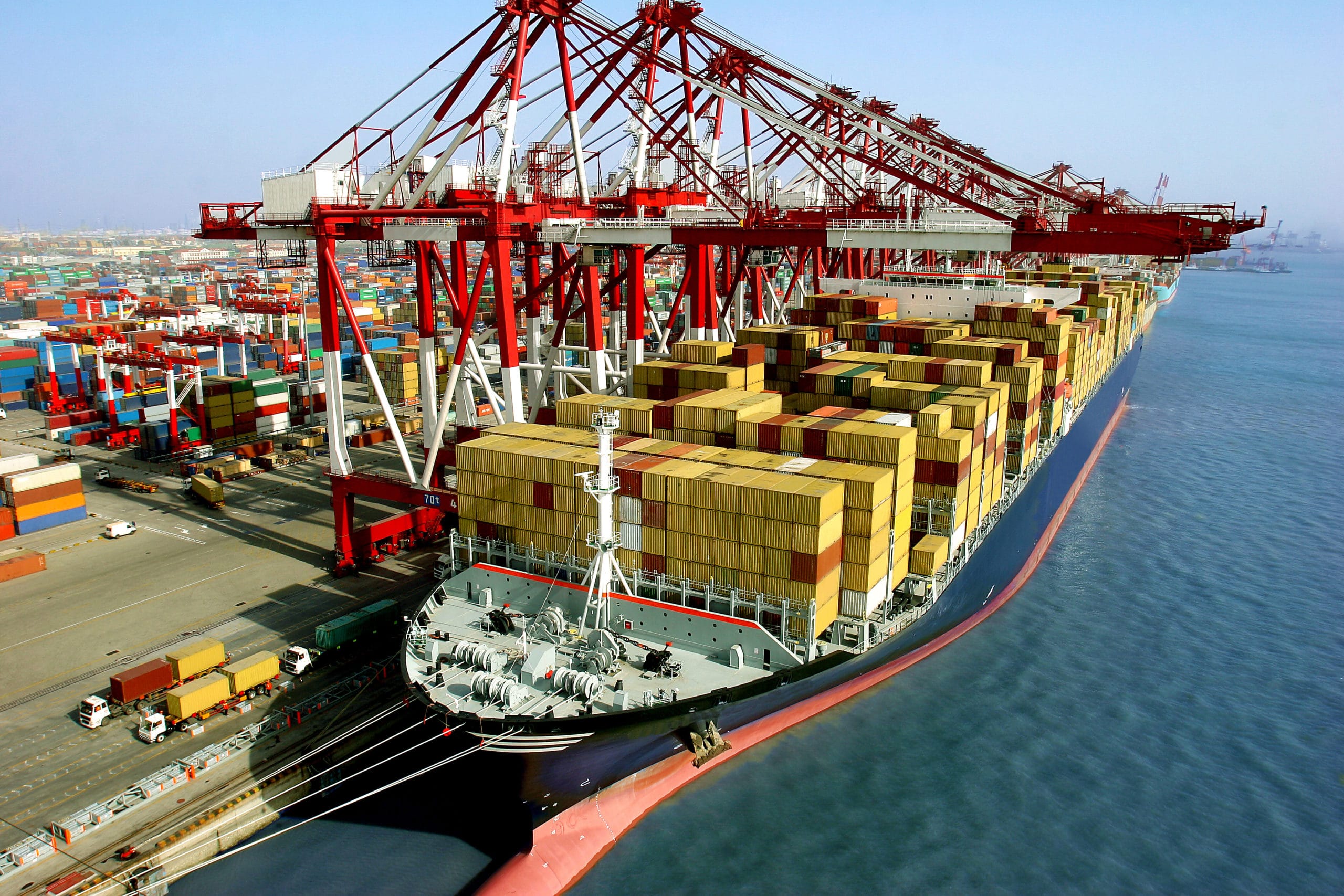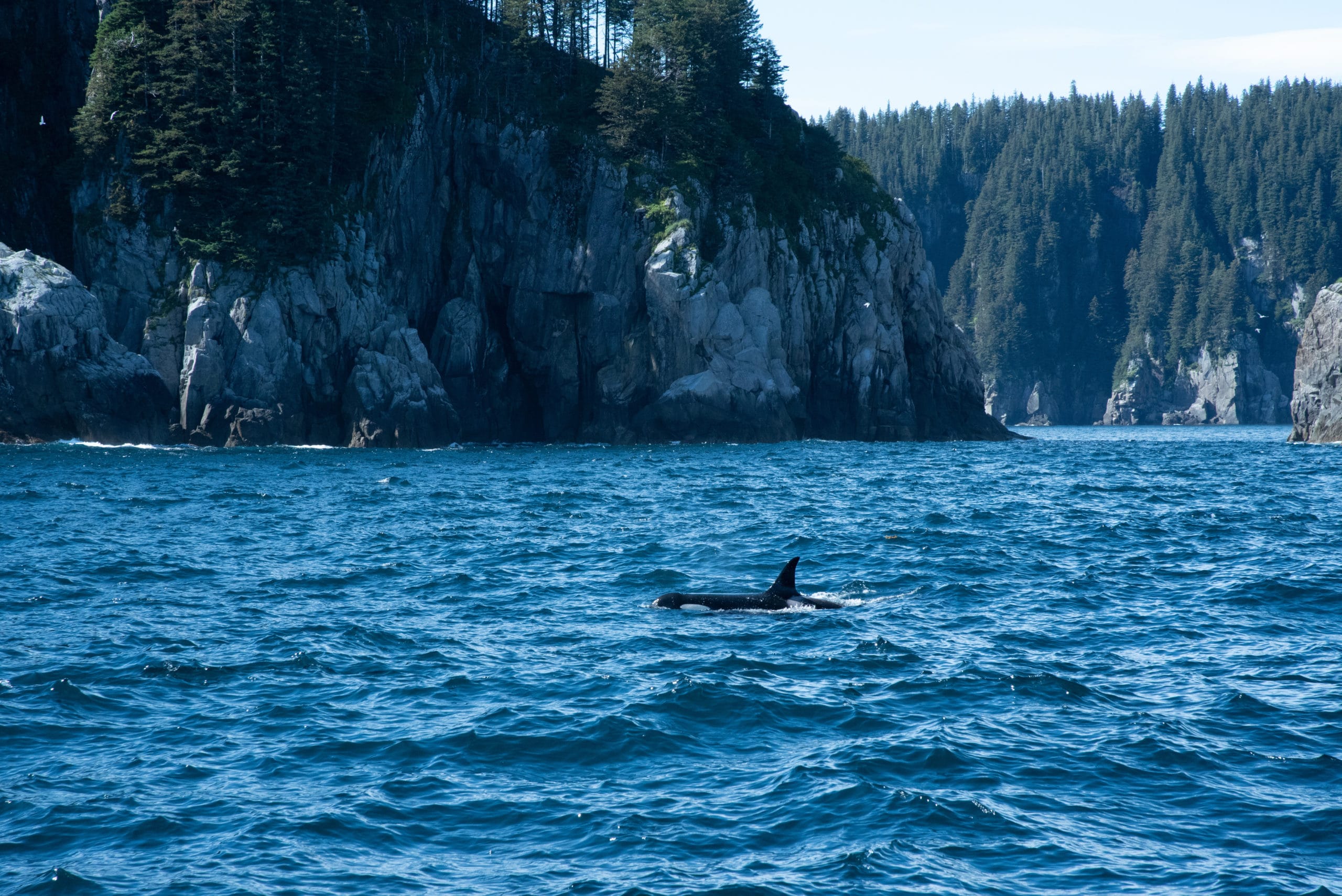
Oceans
The world’s oceans support countless forms of life. Unfortunately, oceans and the tens of millions of people who live near them are under threat from oil spills, air pollution, sewage releases, industrial ocean fish farming, and unnatural ocean noise.
Oceans
Friends of the Earth has won regional, national and international limits on air, water and oil pollution from cruise ships, cargo ships, oil tankers, ferries and recreational water craft. We were instrumental in achieving the establishment of air pollution limits for ships near the coasts of the U.S. and Canada, which prohibit the use of dirty bunker fuel — unless alternative compliance methods are employed, such as shorepower or other pollution reduction technologies.
Take Action

Tell EPA to address the plastic crisis now
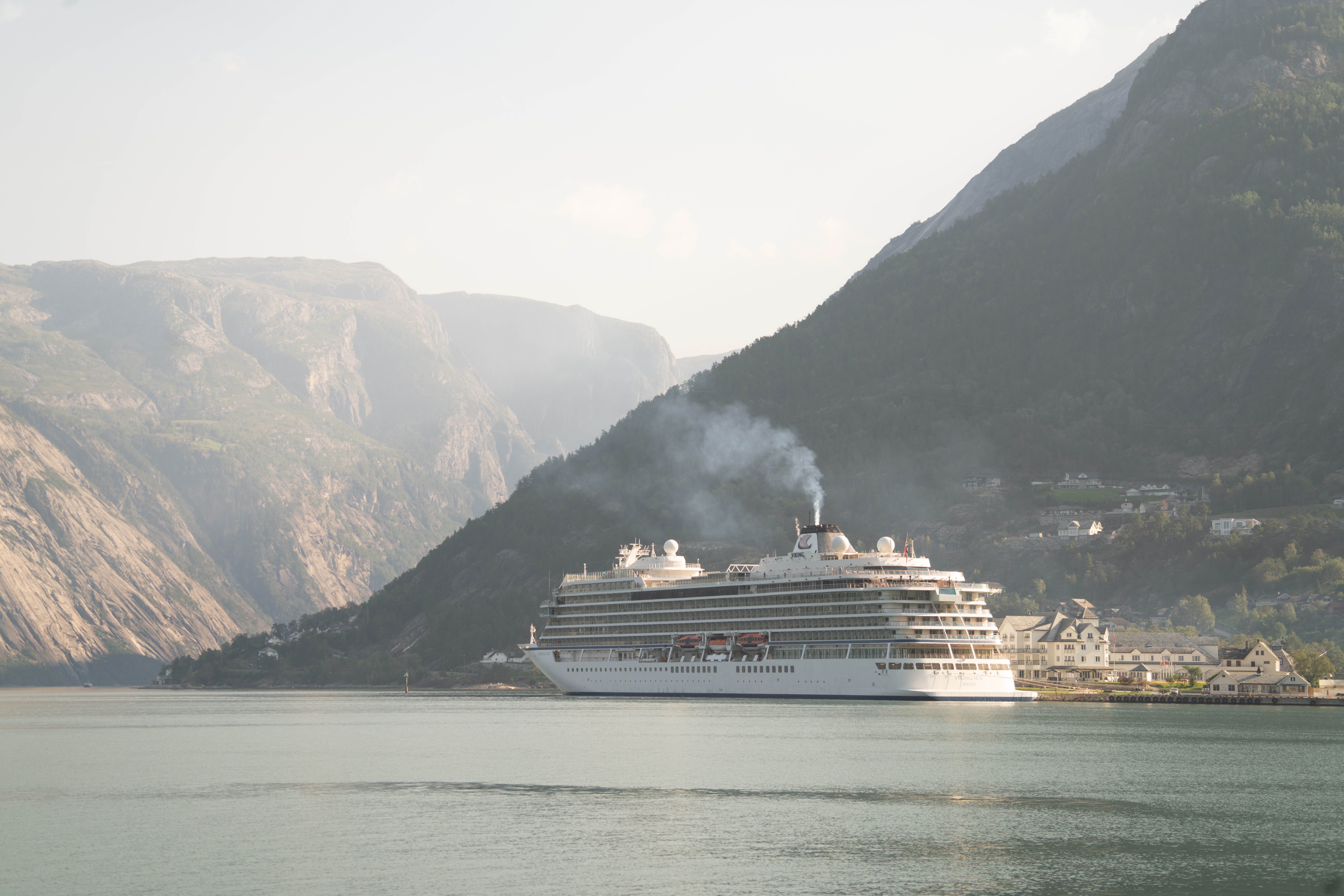
Stop the cruise industry from destroying the Arctic
Media
Support FOE
We’ve been defending the Earth and fighting for a healthy and just world for more than 45 years. But we need your help to keep going. Become a friend of the earth and join the movement to protect our planet and all its inhabitants.
Resources
Choose A Greener Cruise
Millions of Americans take cruise vacations every year. Yet, most travelers don’t realize that taking a cruise is more harmful to the environment than many other forms of travel. Our Cruise Ship Report Card lets vacationers decide which cruise to take based on environmental and human health impacts.
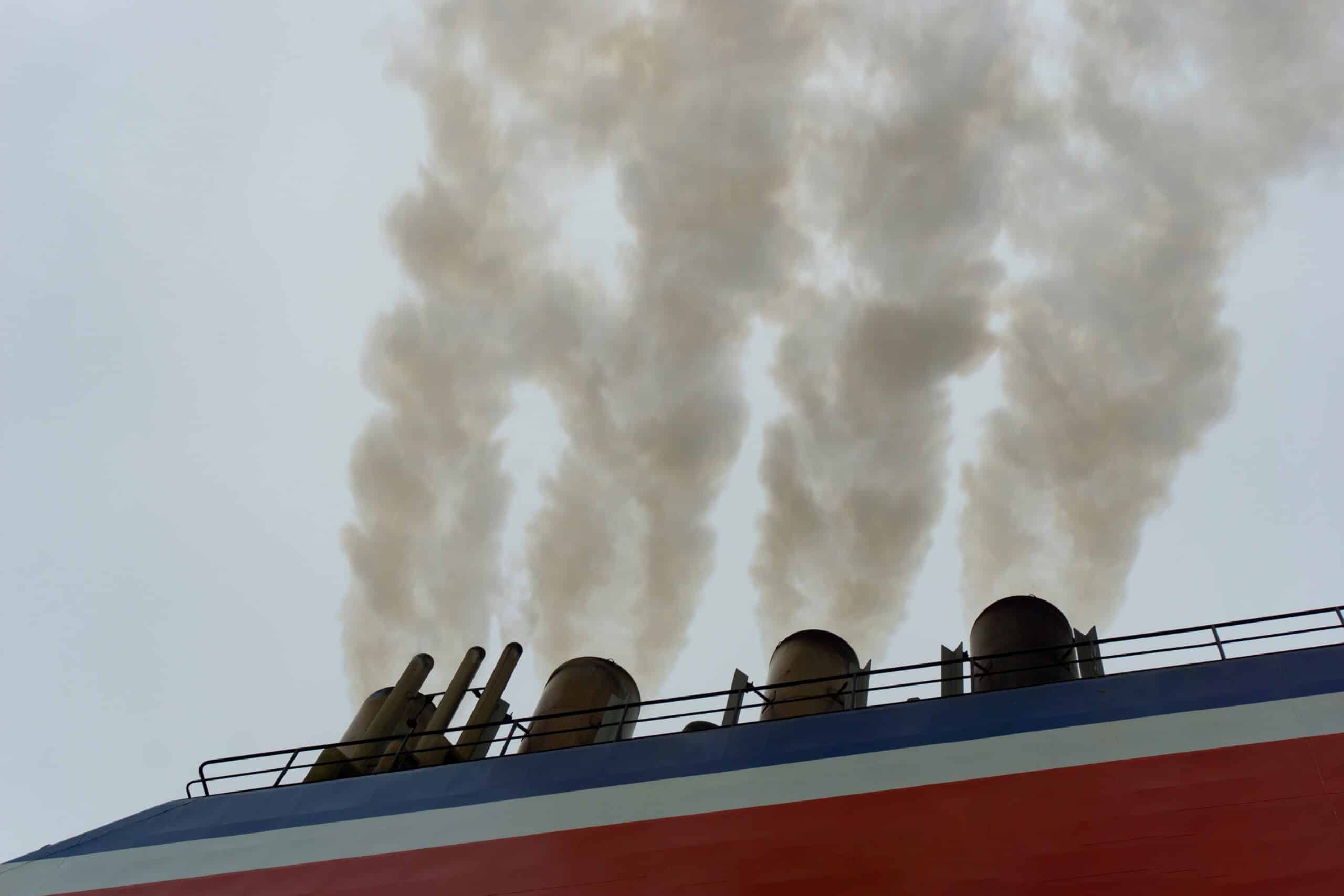
Ways to Support Our Work

Read Latest News
Stay informed and inspired. Read our latest press releases to see how we’re making a difference for the planet.

See Our Impact
See the real wins your support made possible. Read about the campaign wins we’ve fought for and won together.

Donate Today
Help power change. It takes support from environmental champions like you to build a more healthy and just world.
